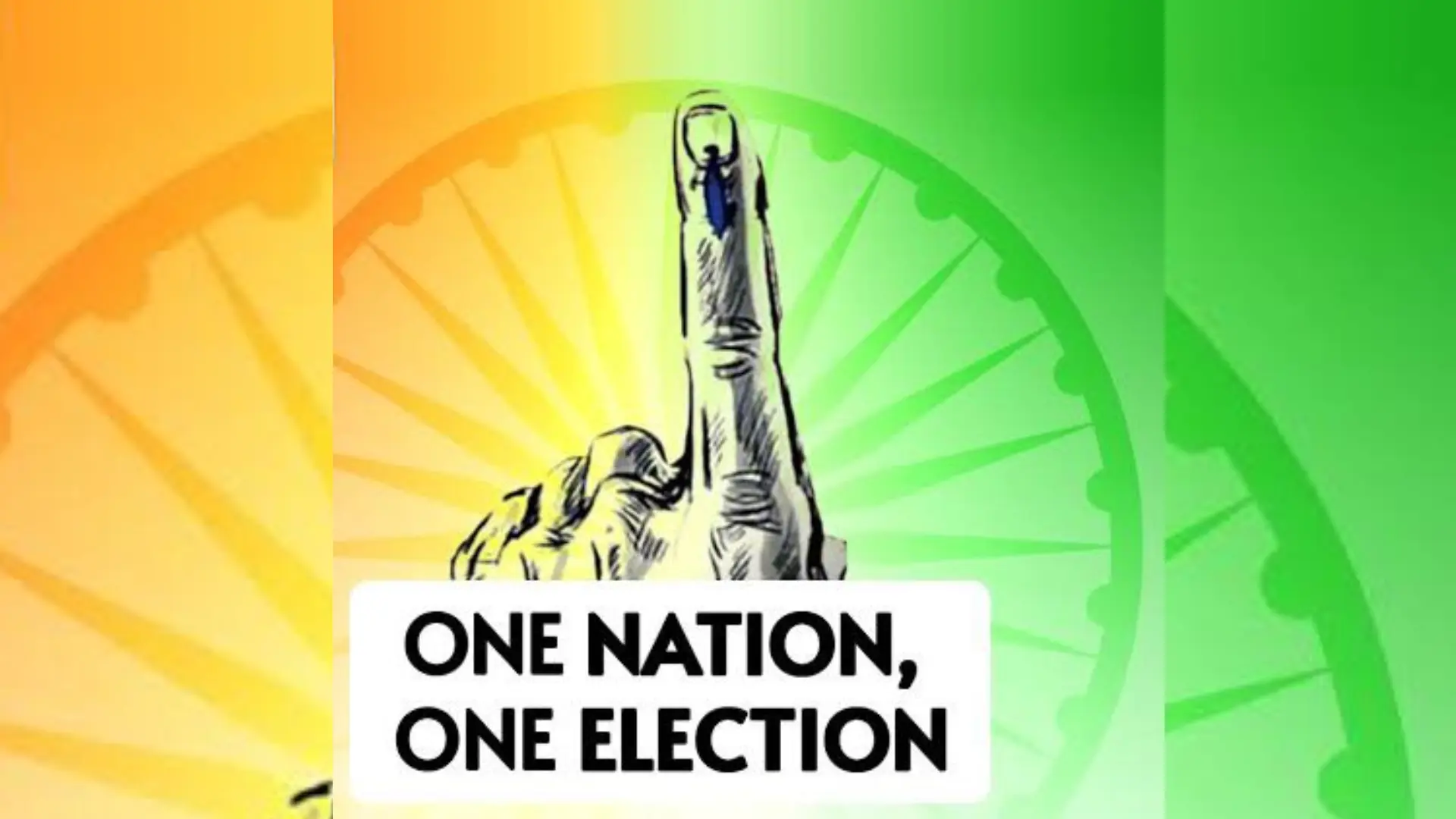Bills aimed at enabling simultaneous elections to the Lok Sabha, state assemblies, and Union Territory assemblies will be introduced in the Lok Sabha by Union Minister for Law and Justice Arjun Ram Meghwal. These bills were approved by the Cabinet and are set to be discussed on Monday.
The Cabinet recently gave its nod to the Constitution (One Hundred and Twenty-Ninth Amendment) Bill, 2024, and the Union Territories Laws (Amendment Bill), 2024. The draft bills were circulated to Members of Parliament on Friday evening.
What the Bills Propose
The proposed bills outline that simultaneous elections for the Lok Sabha and state assemblies will take effect from an “appointed date” to be determined by the President. This appointed date would be announced during the first sitting of the Lok Sabha after a general election. The new system would allow all state assemblies elected after this date to have their terms shortened, bringing their tenure to a close at the same time as the full term of the Lok Sabha.
However, the earliest the appointed date can be notified is after the first sitting of the Lok Sabha elected in 2029. This means simultaneous elections might occur by 2034, aligning with the end of the full term of that Lok Sabha.
Amendments to the Constitution
To enable simultaneous elections, the draft bills introduce a new Article 82(A) in the Constitution, which outlines simultaneous elections for the Lok Sabha and state assemblies. The bill also amends Articles 83, 172, and 327, dealing with the duration of the Lok Sabha, state legislatures, and the powers of Parliament regarding elections.
In addition, the Union Territories Laws Bill ensures the same amendments apply to assemblies in Union Territories, such as Delhi, Jammu and Kashmir, and Puducherry. These changes will help synchronize elections in these areas with the Lok Sabha and state assemblies.
Mid-Term Elections
The bills also address mid-term elections in case a legislature, such as the Lok Sabha or any state or Union Territory assembly, is dissolved before completing its full term. In such cases, mid-term elections would be held only for that specific legislature, ensuring it completes the remainder of its five-year term.
The government has cited the high costs and the time-consuming nature of holding separate elections as a primary reason for implementing simultaneous elections. By synchronizing the elections, the government aims to reduce expenses and streamline the electoral process. While the government stresses the importance of simultaneous elections, it has not provided specific details on the total cost or the precise timeline for full implementation.
The bills were drafted based on the recommendations of a high-level committee, which was chaired by former President Ram Nath Kovind. This committee was formed by the Law Ministry in September 2023 to explore ways to implement the ‘One Nation, One Election’ system.
ALSO READ: Parliament Winter Session: LoP Rahul Gandhi Spaeaks With Samvidhan In Hand





